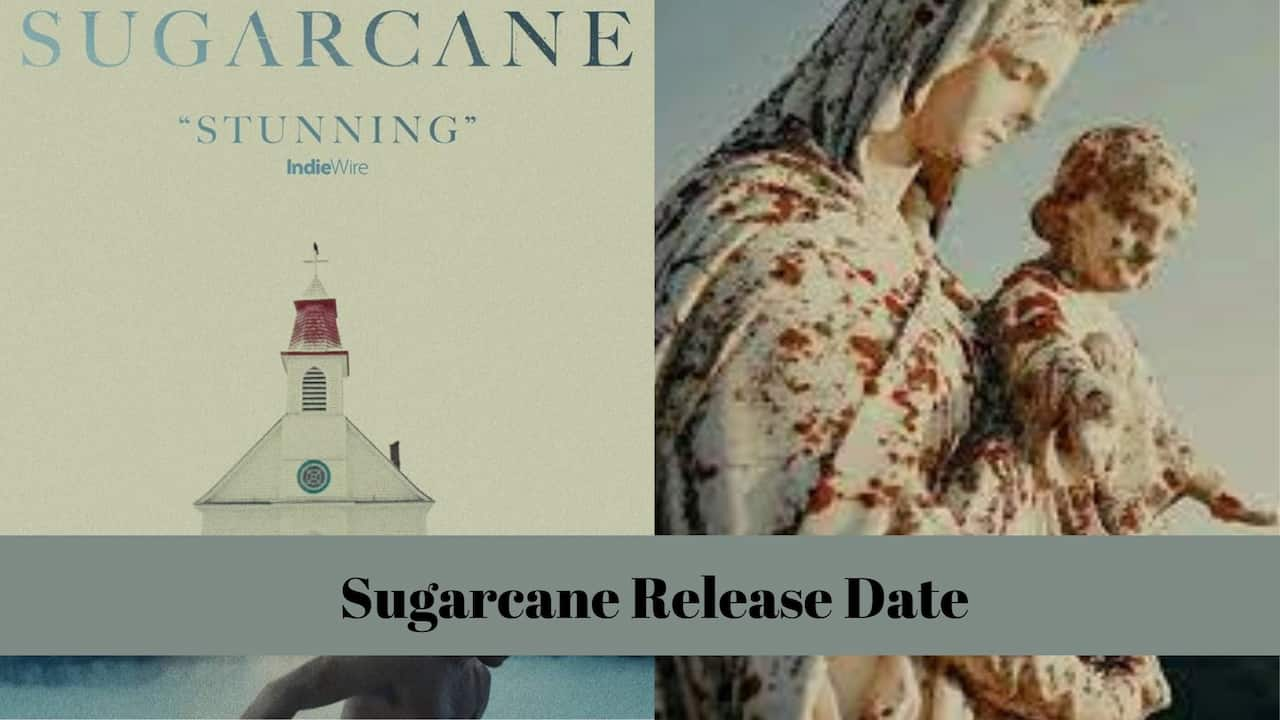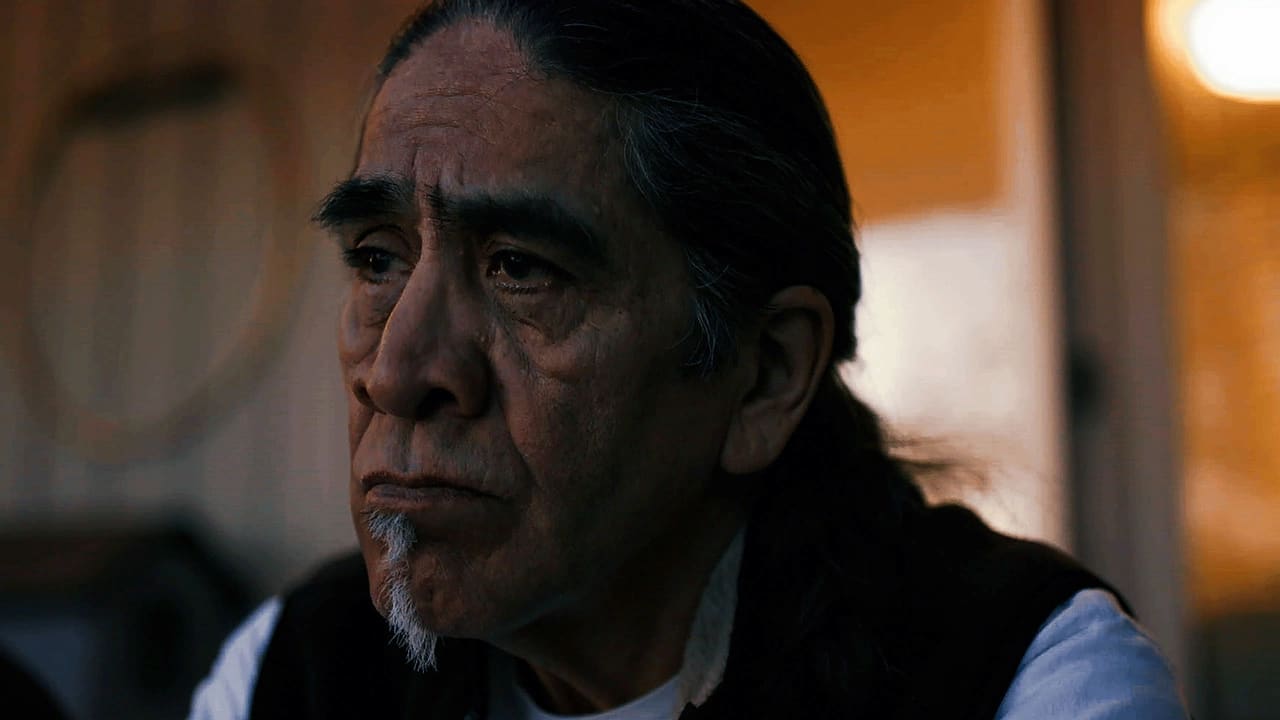Sugarcane Release Date, Cast, Storyline, Trailer Release, And Everything You Need to Know
“Sugarcane” is a groundbreaking documentary that delves into one of the darkest chapters of Canadian history – the Indian residential school system. Directed by Julian Brave NoiseCat and Emily Kassie, this film sheds light on the horrific abuses and cultural genocide perpetrated against Indigenous children over many decades.
Through powerful storytelling and meticulous investigation, “Sugarcane” gives voice to survivors and their descendants, igniting a long-overdue national reckoning. At its core, “Sugarcane” is a story of resilience, truth, and the unbreakable bonds of family and community.
The film takes viewers on an emotional journey as it uncovers evidence of unmarked graves at former residential school sites, follows Indigenous leaders seeking accountability from the Catholic Church, and explores the intergenerational trauma that continues to impact Indigenous peoples today.
With its unflinching gaze and compassionate lens, “Sugarcane” is a vital document of a shameful history that can no longer be ignored.
Sugarcane Release Date:
“Sugarcane” will make its theatrical debut on August 9, 2024, with limited engagements in New York City at the Film Forum and in Toronto at TIFF Lightbox. This strategic release in two major North American cities signals the filmmakers’ intent to generate significant buzz and critical attention for the documentary.
Following these exclusive showings, the film will expand its reach on August 16, 2024, opening at the Laemmle Royal in Los Angeles before gradually rolling out to additional cities across the United States and Canada.
The August release date is particularly significant, coinciding with the International Day of the World’s Indigenous Peoples. This timing underscores the film’s important message and relevance to ongoing Indigenous rights and reconciliation discussions.
By choosing this date, the filmmakers and distributors ensure that “Sugarcane” becomes part of a larger conversation about the historical injustices Indigenous communities face and the steps needed to address this painful legacy.
Sugarcane Storyline:
“Sugarcane” centers around the discovery of evidence pointing to unmarked graves on the grounds of the St. Joseph’s Mission, a former Indian residential school located on the land of the Williams Lake First Nation in British Columbia.
This shocking revelation in 2021 catalyzes a deeper investigation into the systemic abuses that occurred within Canada’s residential school system, a network of institutions designed to assimilate Indigenous children into Euro-Canadian culture forcibly.
The documentary follows several interconnected narrative threads. One focuses on the groundbreaking investigation into the unmarked graves as forensic experts and Indigenous leaders work to uncover the truth about what happened at St. Joseph’s Mission.
Another storyline traces the journey of a delegation of First Nations leaders and survivors to the Vatican, where they seek acknowledgment and accountability from Pope Francis for the Catholic Church’s role in operating many of these schools.
At the heart of the film is the personal story of Ed Archie NoiseCat, the father of co-director Julian Brave NoiseCat. As a survivor of St. Joseph’s Mission, Ed Archie’s experiences provide a deeply emotional and intimate perspective on the lasting impact of the residential school system.
His story, which includes a harrowing account of nearly being incinerated as an infant at the school, serves as a powerful testament to the resilience of Indigenous peoples in the face of unimaginable trauma.
Sugarcane List of Cast Members:
As a documentary film, “Sugarcane” does not have a traditional cast of actors. Instead, it features real people sharing their stories and experiences. Some of the critical individuals appearing in the film include:
- Charlene Belleau – Indigenous Canadian leader and residential school survivor
- Ed Archie NoiseCat – Residential school survivor and father of co-director Julian Brave NoiseCat
- Pope Francis – Head of the Catholic Church
- Justin Trudeau – Prime Minister of Canada
- Various members of the Williams Lake First Nation
- Survivors and descendants of the residential school system
- Forensic experts and investigators
- First Nations leaders who traveled to the Vatican
 Sugarcane Creators Team:
Sugarcane Creators Team:
The creative force behind “Sugarcane” is a talented and diverse team of filmmakers dedicated to bringing this important story to light.
Co-directors Julian Brave NoiseCat and Emily Kassie are at the helm. Their combined expertise in journalism, documentary filmmaking, and Indigenous issues brings depth and nuance to the project.
Julian Brave NoiseCat, making his directorial debut, is an Indigenous writer, activist, and policy analyst known for his work on climate and Indigenous issues.
His connection to the story, through his father’s experiences, adds a powerful emotional dimension to the film. Emily Kassie, an award-winning investigative journalist and filmmaker, brings her expertise in visual storytelling and hard-hitting reportage to the project.
Emily Kassie and Kellen Quinn produced the film, the latter an Oscar-nominated producer known for his work on the documentary Time. Their combined experience ensures that Sugarcane maintains both its journalistic integrity and its cinematic quality.
The cinematography team, led by Christopher LaMarca and Emily Kassie, captures the beauty of Indigenous lands and the raw emotion of the survivors’ testimonies with equal skill.
Editors Nathan Punwar and Maya Daisy Hawke have crafted a narrative that balances the film’s investigative elements with its more personal, emotional moments. Their work helps to create a cohesive and impactful storytelling experience.
The haunting musical score by Mali Obomsawin adds another layer of emotional resonance to the film, underlining the pain and resilience of the Indigenous communities featured.
Where to Watch Sugarcane?
“Sugarcane” will be available to watch through various channels, ensuring this vital documentary reaches a broad audience. Initially, the film will have a theatrical release, starting with exclusive engagements in New York City at the Film Forum and in Toronto at TIFF Lightbox on August 9, 2024.
This will be followed by a showing at the Laemmle Royal in Los Angeles on August 16, 2024, after which the film will gradually expand to other cities across the United States and Canada.
For those unable to catch the theatrical screenings, “Sugarcane” will be available for streaming later in 2024 on both Hulu and Disney+. This digital release will significantly broaden the film’s reach, allowing viewers across North America to engage with its powerful message from the comfort of their homes.
The theatrical and streaming releases demonstrate the distributors’ commitment to maximizing the film’s impact and ensuring it becomes part of the national conversation on Indigenous rights and reconciliation.
Sugarcane Trailer Release Date:
The official trailer for “Sugarcane” was released in late July 2024, approximately two weeks before the film’s theatrical debut. This strategic timing was chosen to build anticipation for the upcoming release while capitalizing on the buzz generated by the film’s successful festival run.
The trailer offers a compelling glimpse into the documentary’s powerful content. It features emotional testimonies from survivors, stark imagery of former residential school sites, and hints at the groundbreaking investigation at the heart of the film.
The trailer’s release was accompanied by a coordinated press campaign, with the filmmakers and critical participants giving interviews to major media outlets. This multi-pronged approach helped raise awareness about the film and the broader issues it addresses, setting the stage for “Sugarcane” to impact its release significantly.
Sugarcane Final Words:
“Sugarcane” stands as a testament to the power of documentary filmmaking to illuminate hidden histories and drive social change.
Through its unflinching examination of the Canadian residential school system and its lasting impacts, the film forces viewers to confront a dark chapter of history that has long been overlooked or deliberately ignored.
By giving voice to survivors and their descendants, “Sugarcane” documents past injustices and highlights the ongoing struggles and resilience of Indigenous communities.
As “Sugarcane” makes its way to theaters and streaming platforms, it has the potential to spark crucial conversations about reconciliation, accountability, and the need for systemic change.
The film’s impact extends beyond its runtime, challenging viewers to consider their role in addressing colonial violence’s legacy and supporting Indigenous rights. In bringing this painful but necessary story to a broad audience, “Sugarcane” contributes to the ongoing truth and reconciliation process in Canada and beyond.


 Sugarcane Creators Team:
Sugarcane Creators Team: